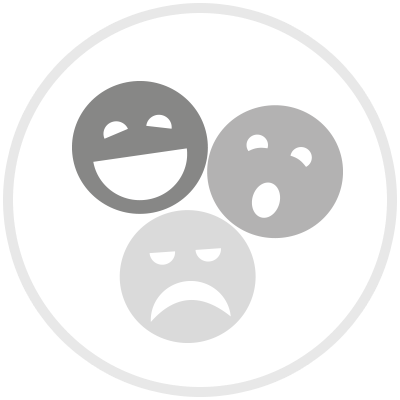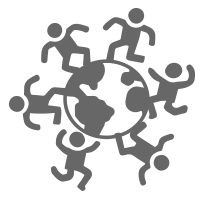

Browse by city
Browse by city
| Polignano a Mare |
| Wednesday august 20 2025 |
| PV18 DOC / STONEBREAKERS di Valerio Ciriaci |
|
|
| Pulsano |
| Thursday august 7 2025 |
| Innocenti Evasi omaggio a Lucio Battisti |
|
|
| Castrignano de' Greci |
| from august 6 to august 9 2025 |
| Kascignana Festival 2025 |
|
|
 Active citizenship
Active citizenship
 Cultural
Cultural

Unmissable live shows and events
Sponsored events
All free entry events
All exhibitions
Today's events a Bari PDF format.
| Manduria |
| Tuesday august 5 2025 |
| Incontro con Filippo Anelli, Presidente dei medici italiani e autore di "Il Servizio Sanitario Nazionale, un amore tutto italiano", martedì 5 agosto a Manduria |
|
|
| Statte |
| from august 5 to august 6 2025 |
| Parthenope |
|
|
| Monopoli |
| from july 21 to august 10 2025 |
| Ritratti Festival | XXI Edizione |
|
|

Search for shows online and experience them offline. Il Tacco di Bacco is a tool designed to enhance the quality of our lives. A fulfilling existence is built on authentic connections, which we believe can only arise in the real world. This is why we’ve created a guide to help you navigate, not a community to hold you back. We provide the means; you discover the purpose.
The editorial team declines all responsibility in case the information provided on www.iltaccodibacco.it is incorrect, missing, or incomplete.
Designed and made in Italy - 2025 © - il Tacco di Bacco
Se hai stampato queste pagine, ricordati di cestinarle nel raccoglitore della carta.
If you print these pages don't forget to trash them in a recycle bin.